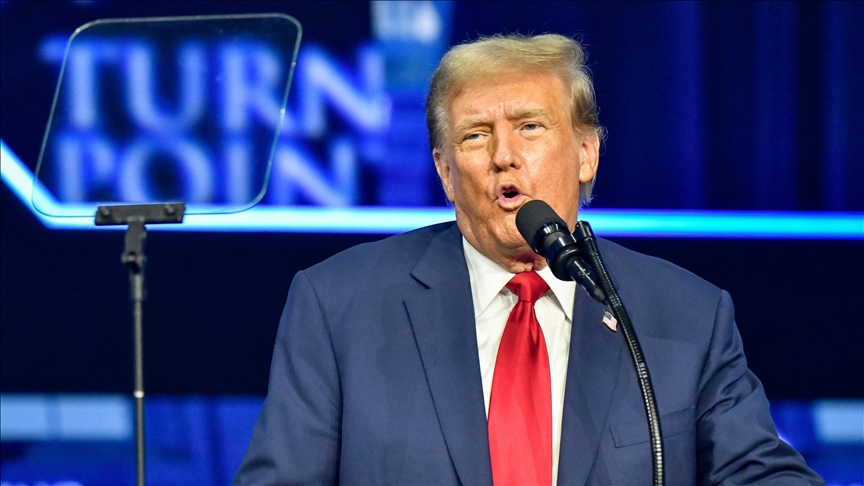US Supreme Court rules Trump has immunity for official acts but not private ones
WASHINGTON
In a landmark decision, the US Supreme Court on Monday ruled that former President Donald Trump is entitled to some degree of immunity from prosecution for official acts but not steps he took as a candidate.
“We conclude that under our constitutional structure of separated powers, the nature of presidential power requires that a former president have some immunity from criminal prosecution for official acts during his tenure in office,” Chief Justice John Roberts wrote in a 6-3 ruling, split between the court’s conservative and liberal justices. “At least with respect to the president’s exercise of his core constitutional powers, this immunity must be absolute.”
However, Roberts added, not everything is official.
“The President enjoys no immunity for his unofficial acts, and not everything the President does is official. The President is not above the law,” he wrote. “But Congress may not criminalize the President’s conduct in carrying out the responsibilities of the Executive Branch under the Constitution.”
But in an impassioned dissent to the ruling, joined by two other Supreme Court justices, Justice Sonia Sotomayor wrote: “The court effectively creates a law-free zone around the president, upsetting the status quo that has existed since the (nation’s) founding.”
Listing actions Trump or other presidents might take that could be immune from prosecution, she wrote: “(The president) orders the Navy’s Seal Team 6 to assassinate a political rival? Immune. Organizes a military exchange for a pardon? Immune. Immune, immune, immune.”
“The relationship between the president and the people he serves has shifted irrevocably,” she said.
Posting online, Trump, who faces several court cases that the ruling could affect, called the ruling a “Big Win for our constitution and democracy.”
A federal appeals court in February unanimously rejected Trump’s claim of presidential immunity from prosecution on criminal charges related to his efforts to overturn his 2020 election loss.
Following the decision, which meant Trump could be prosecuted for attempting to overturn the election results, he asked the Supreme Court to reverse the ruling.
Special Counsel Jack Smith is prosecuting Trump for criminally interfering in the 2020 election, while the former president’s legal team has been trying to get the election interference case thrown out on claims of presidential immunity.
The ruling could also influence the case against Trump in Florida for taking classified documents from his tenure in office with him as a private citizen and resisting returning them to the government.
Anadolu Agency website contains only a portion of the news stories offered to subscribers in the AA News Broadcasting System (HAS), and in summarized form. Please contact us for subscription options.



